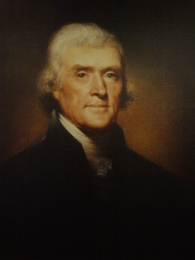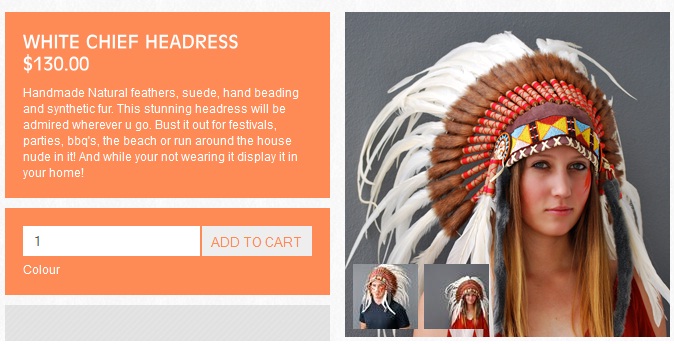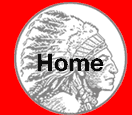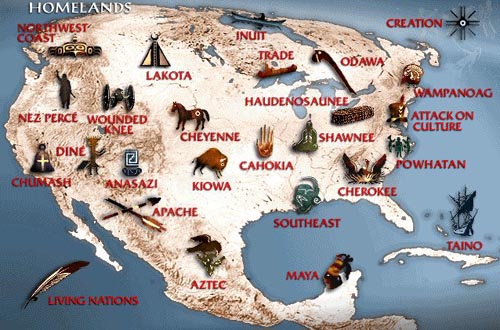The news item below sparked a lively
debate on Facebook last year:
Former Redneck Olympics under way in MaineDespite being forced to changes its name, the event formerly known as the Redneck Olympic Games continued its tradition Saturday of holding unorthodox competitions like lawn mower races, mud runs and tire burnouts.
A full day of events was on tap during the Maine Redneck "Blank" Games. Organizer Harold Brooks changed the name under pressure from the International Olympics Committee, but noted that "everyone knows what the 'blank' stands for."
Friday's events included a wedding and a demolition derby. Other events over the weekend included bobbing for pigs' feet, toilet seat horseshoes and a greased watermelon relay race.Brad began it with the following comments:
OK Rob, I know this isn't racism, but if members of a class demean and stereotype themselves is that acceptable?
And two notes to this guy:
1) Greece IS part of the INTERNATIONAL Olympic Committee.
2) The ancient Greeks did not speak English.A Latina named Cx responded:
The word "Olympic" might be trademarked, but there are other uses of the word. So the guy is right about that. It's the word OLYMPIC in contention here, not the word redneck.
"A redneck can make fun of himself.." Exactly.That's what I was trying to tell you about the PARODY that was Redneck Day at the highschool in Arizona, and like that Duck Dynasty show. If a person or group identify with or as "redneck," who do non-rednecks think they are to impose their whatever on this (or any) cultural or ethnic or racial group? Trying to impose that redneck is about racism & nothing but is big time ignorance and oppression--by people who accuse others of being "oppressive." See the futility? Round and round it goes. *Yawn.Let the debate begin
With that we were off:
Brad
I see what you're saying, however this is a RADICALLY different situation than that one.
And I think you missed the point that I was only using this story to frame a discussion about the larger issue of self-degradation which wasn't the problem in the previous story.I dunno. I wouldn't encourage the Redneck Olympics, but I'm not sure it's worth criticizing. If people want to label themselves "rednecks," "white trash," or whatever, it's their problem.
What about the Nerd Olympics? Same problem as the Redneck Olympics?
Cx
Self-Parody isn't necessarily self-degradation, Brad, a big picnic and games with foods of common use in that area of the country. Doesn't the image of toilet seat horseshoes crack you up? I mean cmon. And greased anything is silly fun. Neither of those things are exclusively redneck now are they. Harmless, silly fun.
Brad
Maybe it isn't in THIS case, but you're still fixating on the "redneck" thing. There's a broader question that relates back to one Rob asked the other day, whether a Native who stereotypes himself is beyond outside criticism. While few people are going to object to white people putting themselves down, I'm going to guess that there are some who do or don't fit the stereotype who aren't going to appreciate being labeled in this way.
I get that THIS event is totally protected by the 1st Amendment the same as an NAACP or Klan rally would be. However, imagine if a group of real Native people decided to throw a "hipster" pow wow with neon colored headdresses, war paint, sweat lodges, and "Indian" themed activities and invited the public to attend. Who would or wouldn't be allowed to get upset? I kind of see this event the same way to a lesser degree.It's true that this event casts aspersions on "rednecks." A member of academia or high society in redneck territory might find these stereotypes offensive and harmful.
In the case of Natives, we
know they don't appreciate people from other cultures appropriating their headdresses. That presumably includes other Native cultures.
I don't know that about the rubes and bumpkins in Alabama or wherever. But if they want to protest the Redneck Olympics, I'll support them.
P.S. I'd venture to say that nothing is totally harmless. We know Barbies encourage sexist attitudes. I bet Star Wars toys encourage black-and-white thinking about good and evil. This event seems more likely to cause harm than many things we could name.
Cx
Twisting things into something they're not from one's "academia" or outsider view. Speaking of "they don't...," when it comes to "they," people can speak for themselves. Not for all natives. Not for all rednecks. Not for all academics.
Opinions and beliefs differ in subgroups. You prefer to push a certain subgroup's opinion, that's your choice and shows what you prefer to believe to suit yourself, not THE final word on a topic. I take it you're neither redneck, nor native, nor did you play with Barbie dolls. As if analysts and academia get the privilege to define for others. *smh at how pitiful that is.
Bottom line: Leave people to define themselves and LEARN something. Quit stereotyping.Rob rips Cx
"Opinions and beliefs differ in subgroups."
I don't know about rednecks, but in the Native field, appearances and clothing are reasonably well-documented. It isn't an "opinion" to compare a stereotypical costume to the reality and say they don't match. It's a fact...they don't match.
The Native concern about stereotypes is also well-documented and occurs throughout the population. Indians pretty much agree that non-Indians stereotype them and it's a problem. So if you mean "most Indians" when you say "subgroup," you've got it.
"I take it you're neither redneck, nor native, nor did you play with Barbie dolls."
I don't need to have played with Barbie dolls to understand the research on the subject. You know, the research I posted that you weren't able to address? Your anecdotal experiences are irrelevant compared to the findings of researchers, many of whom also played with Barbies.
And you're sure quick with opinions about Native headdresses and
Arab parade floats considering you don't belong to either group either. Not to mention what leads men to abuse and rape women--something you can't know unless you're a man, according to your "logic." Using this logic, how about if you stay out of any debate that doesn't involve Latinas, okay?
"As if analysts and academia get the privilege to define for others. *smh at how pitiful that is."
Analysts and academics who deal with Native and women's issues usually include Natives and women. I'm reporting what
they say, not making up and imposing my views on theirs. If you don't understand this key point, keep rereading it until you get it. I
repeat and
reflect what Natives themselves say about Native stereotypes.
Bottom line: Cx is a hypocrite
"Bottom line: Leave people to define themselves and LEARN something. Quit stereotyping."
I've learned something after 20+ years in this field. Now I'm sharing what I've learned. Native stereotypes are wrong. Natives say so.
It's still not clear to me that you know what stereotyping is. I'm not stereotyping anyone when I report the facts. Native stereotypes don't match the Native reality...fact. Most Natives prefer not to be stereotyped...fact. I'm repeating the facts, not making stuff up...fact.
There's nothing stereotypical or wrong about what I'm doing. Which is why I have thousands of Native readers, I work at Pechanga.Net, I write for Indian Country Today, etc., etc. I've proved I understand these issues well enough to report on them. Natives themselves--thousands of them--say so.
But it's fascinating how you turn every debate into an attack on me. Why is that, I wonder?
I didn't say you have no business talking about rednecks because you aren't one. But I'll say it now. You're a hypocrite for chastising me for having thoughts about Natives when you've commented repeatedly on rednecks, a group you don't belong to. Stop being so hypocritical.
In related news, I don't need to be the president to comment on presidential politics. I don't need to be a pro athlete to comment on pro sports. I don't need to be a master chef to comment on cooking. I don't need to be an astronaut to comment on space travel. Etc.
Duhhh.
I ask again, Brad. Should Latinas stick to Latina issues, Natives to Native issues, whites to white issues, males to male issues, rednecks to redneck issues, etc., etc.? What do you think?
For more on the subject, see
Should Non-Natives Write About Natives? and
Rob = Moral Police?

























